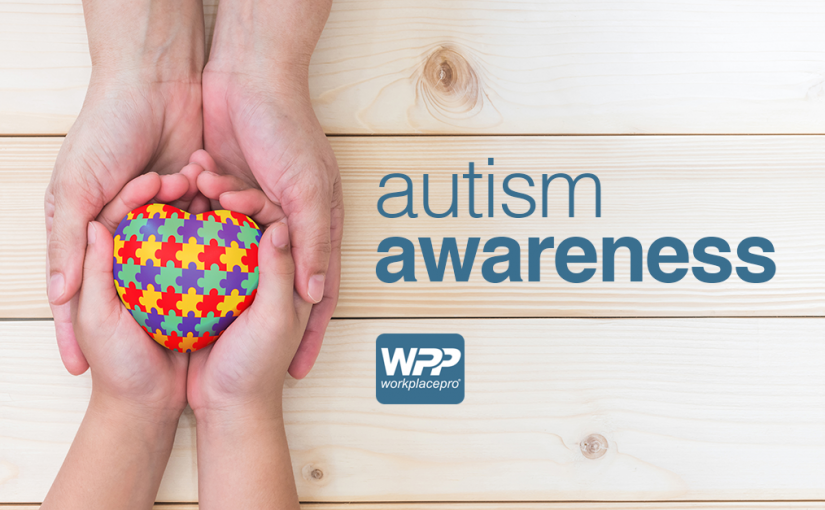Category: Awareness
-
Suicide Prevention Awareness Month
September is the month that recognizes the need for Suicide Prevention Awareness, seeing as suicide is the 2nd leading cause of death for people ages 10-34 and the 4th leading cause of death for people 35-54 . Suicide is always a concern, but with the ongoing pandemic and ever changing landscape that is 2020, mental health is as important as…
-
Art Becomes Classroom Supplies
Since 2016 we have hosted a contest for students of all ages, all across America for the chance to have their design turned into a shirt that is sold nationally. The contest is centered around the theme of Autism Awareness so the students along with being creative, learn to bring awareness and acceptance to a…
-
Never Skip a Beat on Protecting Your Heart
If you think New Year’s Eve is the only time to make resolutions – think again! Resolutions are about taking steps to change our lives for the better. Consider marking World Heart Day “resolution day” on your calender! September 29th quickly approaches, and WorkPlacePro invites you to join us in setting goals for a healthy…
-
Think Pink – Raising Awareness
National Wear Pink Day is approaching, occuring on June 23rd, 2019! We have put together a short list of how you can help raise breast cancer awareness by wearing pink, donating and becoming an advocate for breast cancer! How does wearing pink make a difference? Wearing pink can promote and remind other individuals of the…
-

Great (and fun, and rewarding) awareness activities to support your cause
The committee you tasked with finding the right cause for your business has finished its discovery process — and your team finally has a fundraising purpose. High five! Now it’s time to set some goals and activities to help further your company’s mission of helping others.
-

Shining a light on autism
It’s a condition that affects 1 in 68 children in the United States. That’s 1 in 42 boys, and 1 in 189 girls. One-third of these children are nonverbal. One-third have an intellectual disability. And an estimated 50,000 teens with this condition become adults each year, losing important school-based services that help them thrive.
-
Round Up Campaign
Every time you purchase through the WorkPlacePro.com website you have the option to round up your total to the nearest dollar. When you decide to round up your total you can choose from 3 different organizations to donate your money. Currently the options are The Breast Cancer Foundation, The American Cancer Society, or the…
-
Surfing proves fun for autistic children
http://www.usatoday.com/story/news/humankind/2016/09/13/children-autism-find-peace-while-surfing/90255280/
-

How Does ASD Affect Mood and Anxiety?
Autistic people are often anxious. If you have ever been around an autistic person when they are overloaded, you will know that the overload brings anxiety with it as the autistic person cannot cope with something going on in their environment that they are expected to process. If you are the parent or caregiver of…